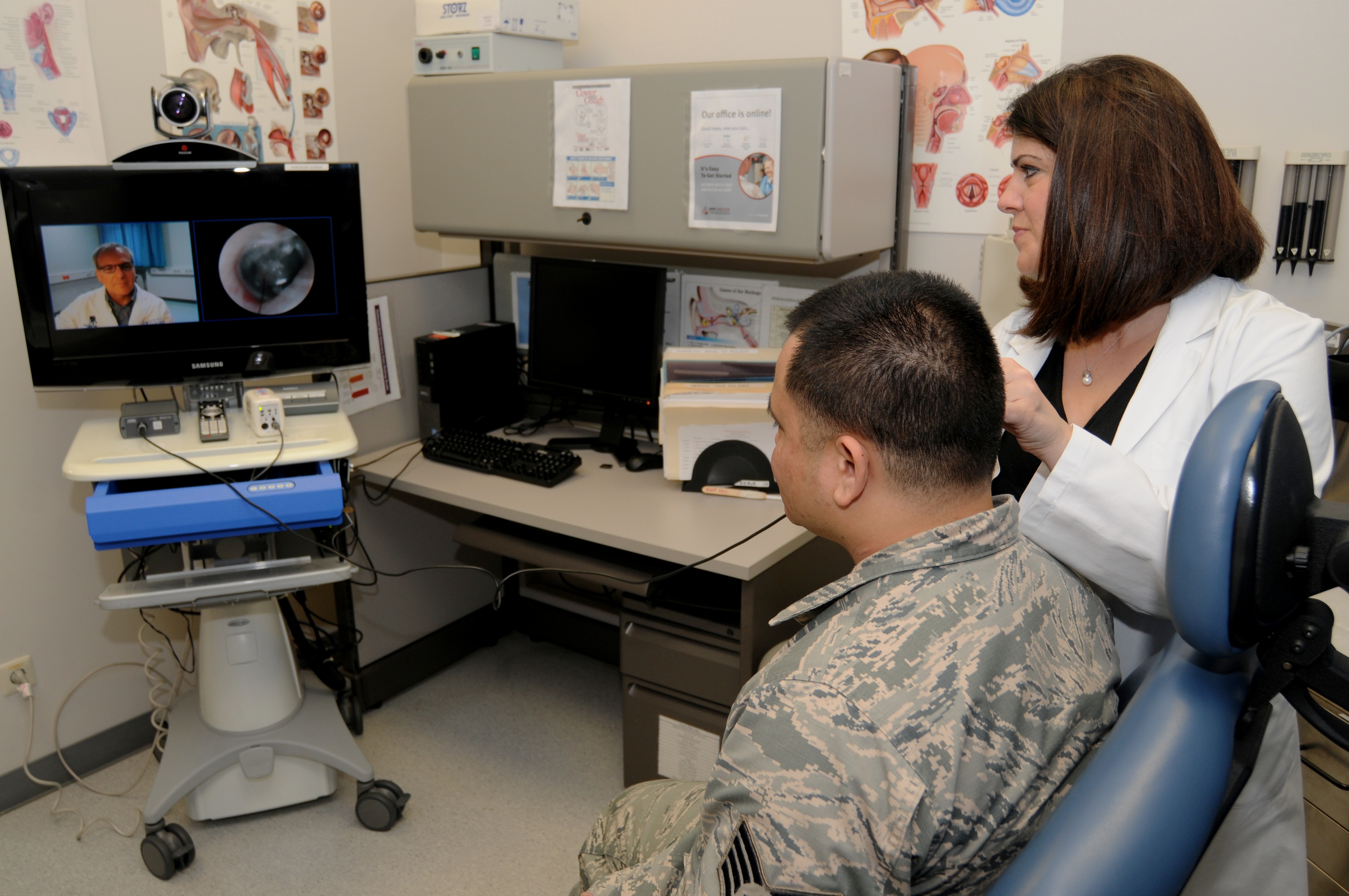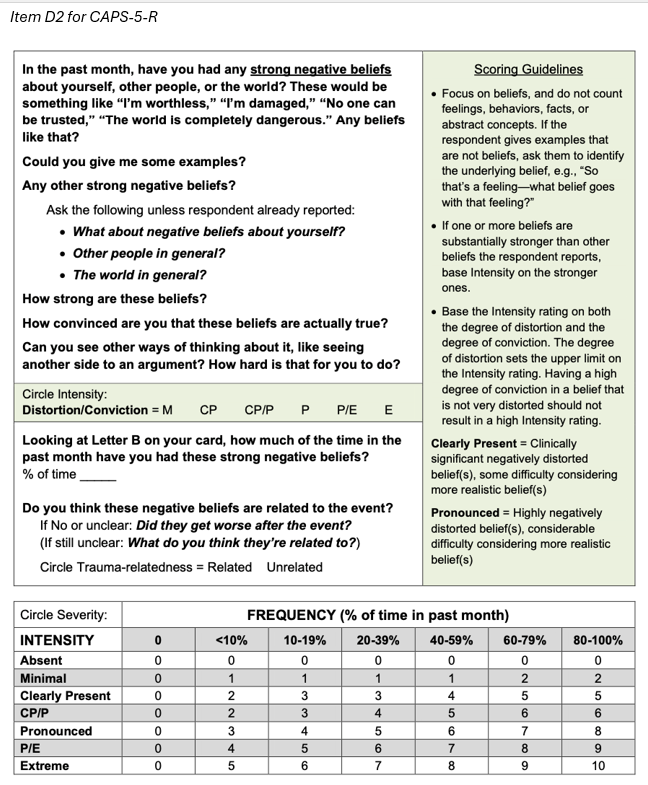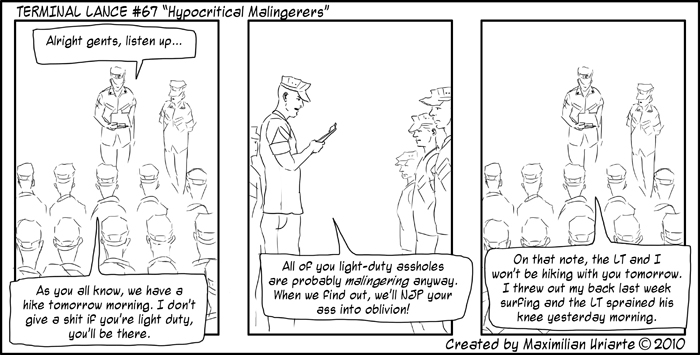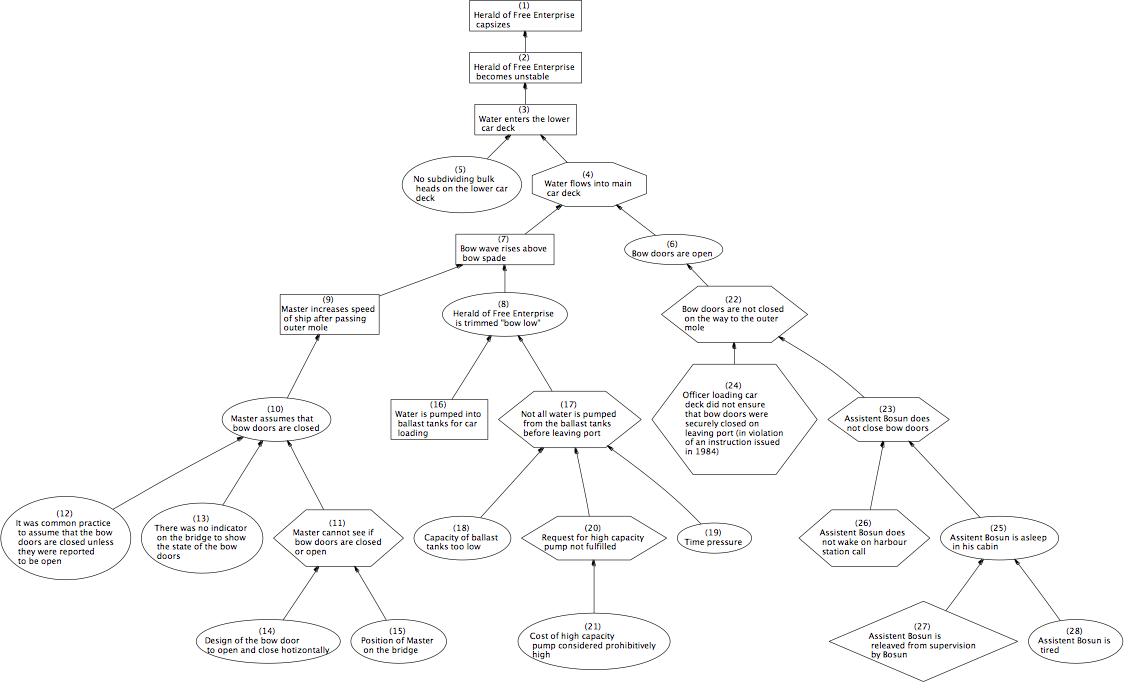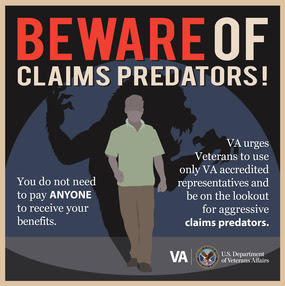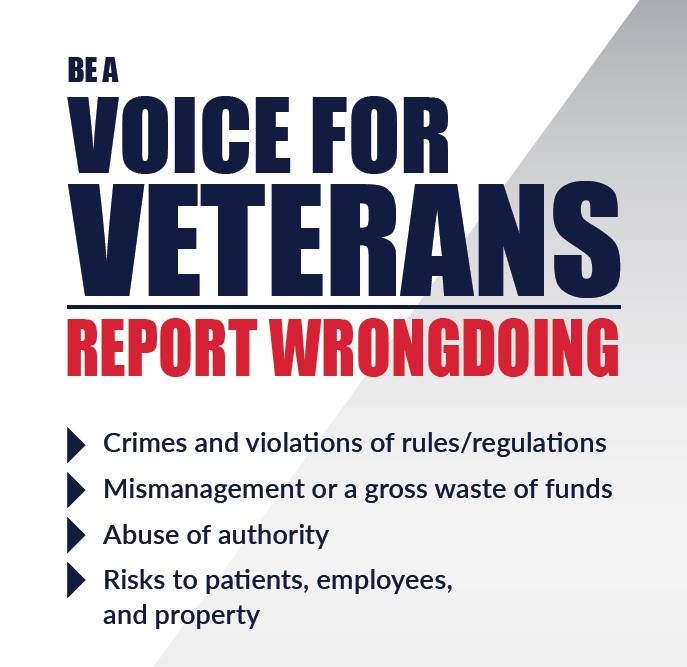- Home
- Federal Policies for Veterans
- Tele-C&P Exams
Telemental Disability Exams by Private Practitioners Now Accepted
Updated April 9, 2024
On this page ...
- Introduction
- Policy Change: VBA Allows Independent Examiner Tele-C&P Exams
- VBA Document Shows Before-and-After Changes
- Changing Requirements & Confusion Before March 2021
Introduction
Telemental Exam Policy Change: Since 1 March 2021, VA has accepted Tele-C&P exams conducted by non-VA psychologists and psychiatrists.
The Veterans Benefits Administration (VBA) accepts exam reports, including Disability Benefits Questionnaires (DBQs), based on telemental health C&P exams as valid evidence in support of a veteran's PTSD or other mental disorders claim.
Naturally, independent experts must still comply with applicable licensing laws regarding inter-jurisdictional practice, HIPAA regulations, and professional standards for telepsychology or telemedicine evaluations.
Policy Change: VBA Allows Independent Examiner Tele-C&P Exams
Independent psychologists and psychiatrists can now conduct exams via teleconferencing technology, and—all other things being equal—VBA will accept the report, including a DBQ, as valid evidence in support of the veteran's claim.
Thus, VBA eliminated the ambiguity and confusion regarding independent telemental health examinations that has unfairly limited veterans' ability to challenge VA examiners' conclusions since February 2020.
Veterans or their representatives (veterans law attorneys and VA-accredited claim agents) may now:
- retain a psychologist or psychiatrist in the private sector to conduct an IPE or IME;
- that exam may be conducted via secure videoconferencing technology; and, all other things being equal,
- VBA will the accept the exam report, including a DBQ, as legitimate evidence.
VBA updated its M21-1 Adjudication Procedures Manual on 1 March 2021. Specifically, VBA changed relevant aspects of M21-1, Part III, Subpart iv, Chapter 3, Section D - Examination Reports.
For example, the subsection, Tele-C&P and Telemental Health Examination (III.iv.3.D.2.c), now reads as follows.
TeleCompensation and Pension (Tele-C&P) disability evaluations can provide accurate and fully descriptive face-to-face evaluations for VBA rating purposes through use of telehealth video technologies.
When an examiner elects to conduct a Tele-C&P (or telemental health) examination utilizing telehealth video technologies in lieu of performing an in-person examination, assess the report for sufficiency under the same standards applicable to in-person examinations.
Important: When reviewing DBQs or medical/examination reports prepared by private, non-VA providers via means of telehealth/telemental health, for the purposes of determining adequacy for rating purposes, exercise prudent judgment by
- applying the general assessment principles discussed in M21-1, Part III, Subpart iv, 3.D.2.e, and considering the
- credibility and probative value associated with variables disclosed in the DBQ/report, to include the
- clinician’s knowledge of the claimant’s relevant history
- length of time the clinician has treated the Veteran, and
- extent to which medical records and/or other records were reviewed and considered, and
- compatibility of the DBQ/report submitted with the types identified as suitable for performance via telehealth technology in the Office of Disability and Medical Assessment (DMA) Fact Sheet 20-002, Telehealth for Compensation and Pension (C&P) Examinations.
VBA Document Shows Before-and-After Changes
VBA provides a very helpful document that shows the relevant sections before and after the changes made on March 1st.
I created a PDF copy of VBA's Word doc, which you may download if you wish:
1-Mar-2021-Key-Changes-M21-1-III-iv-3-SecD.pdf
Army Medicine Telehealth | photo by Phil Jones
The photograph above is covered by a Creative Commons, Attribution 2.0 Generic (CC BY 2.0) license.
Changing Requirements & Confusion Before March 2021
Prior to VBA's update to the M21-1 Manual in March 2021, it was not clear if private, fee-based examiners could conduct telemental health exams, and for a while it seemed they could not.
This web page chronicled the changing policies prior to 2021, but the text became long and detailed over time, so I trimmed the page and eliminated older information.
But, if you are interested in the history, I archived this web page as it existed before I deleted the older information. See the historical page at: https://perma.cc/2AD7-TXUC.
PTSDexams.net is an educational site with no advertising and no affiliate links. Dr. Worthen conducts Independent Psychological Exams (IPE) with veterans, but that information is on his professional practice website.
You are here:Subscribe to receive new articles and other updates
What Do You Think?
Google Sign-in icon
I value your feedback!
If you would like to comment, ask questions, or offer suggestions about this page, please feel free to do so. Of course, keep it clean and courteous.
You can leave an anonymous comment if you wish—just type a pseudonym in the "Name" field.
If you want to receive an email when someone replies to your comment, click the Google Sign-in icon on the lower right of the comment box to use Google Sign-in. (Your email remains private.)
↓ Please comment below! ↓
Comment Box is loading comments...
